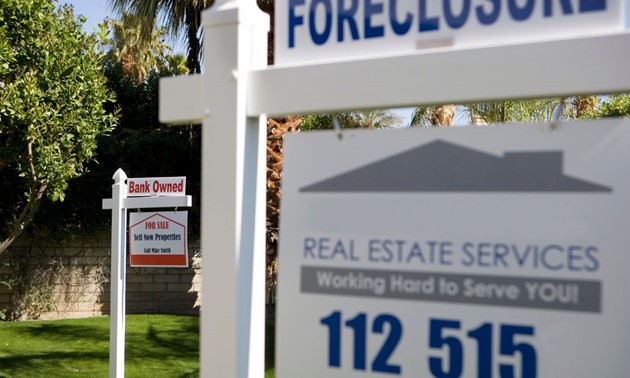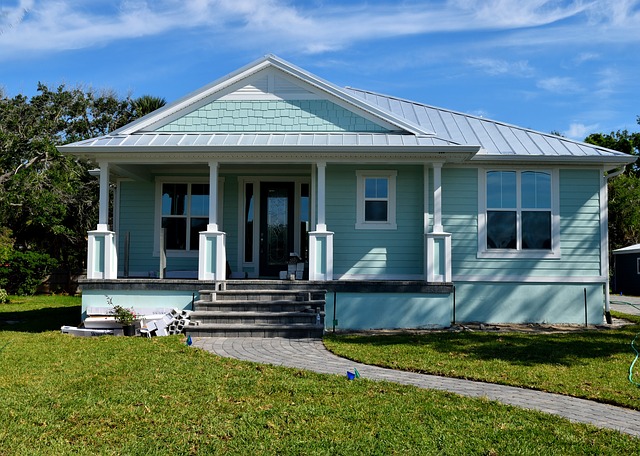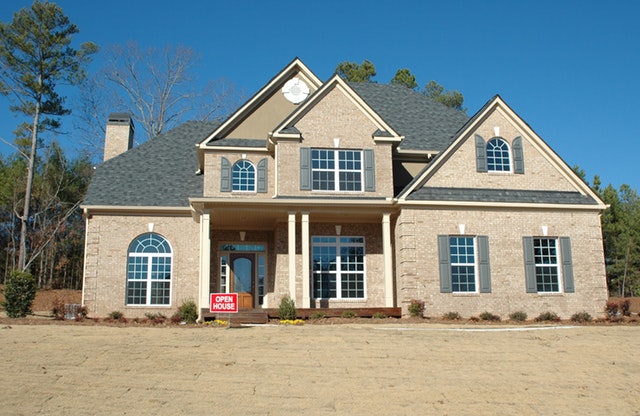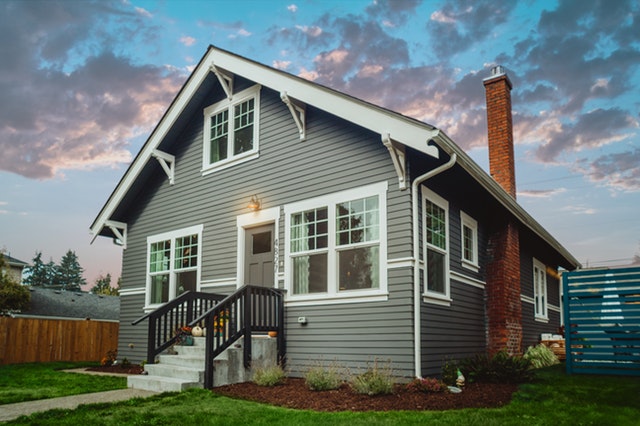Opportunities and Challenges When Buying Foreclosed Properties
 Foreclosed properties have long been considered attractive investment opportunities for real estate enthusiasts. These properties, acquired by banks or other lending institutions due to mortgage default, can often be purchased at below-market prices. However, along with the potential rewards come unique challenges that buyers must navigate.
Foreclosed properties have long been considered attractive investment opportunities for real estate enthusiasts. These properties, acquired by banks or other lending institutions due to mortgage default, can often be purchased at below-market prices. However, along with the potential rewards come unique challenges that buyers must navigate.
Opportunities:
Cost Savings: One of the most significant advantages of buying foreclosed properties is the potential for cost savings. These properties are typically sold at a discount to their market value, allowing buyers to acquire real estate at a lower price. This can provide excellent opportunities for house flippers, rental property investors, or even first-time homebuyers on a tight budget.
Increased Equity: Buying a foreclosed property can also present an opportunity to build equity quickly. If you’re able to purchase a property significantly below its market value, any improvements made to the property can lead to substantial increases in its overall worth. This potential for quick equity growth is an attractive aspect of investing in foreclosed properties.
Diverse Property Options: Foreclosed properties come in various shapes and sizes, ranging from single-family homes to multi-unit buildings and commercial spaces. This diversity allows buyers to choose from a wide range of options based on their investment strategy or personal needs. Whether you’re looking for a rental property, a fix-and-flip project, or a new home for yourself, the inventory of foreclosed properties offers plenty of choices.
Challenges:
Limited Property Information: When purchasing a foreclosed property, it’s common to have limited access to information about its condition, history, or any underlying issues. Banks or lenders typically sell these properties “as-is,” meaning buyers must rely on their own due diligence and inspections. Hidden problems, such as structural damage or outstanding liens, can pose significant challenges and potentially increase the overall cost of the investment.
Competitive Bidding: As foreclosed properties often attract a large pool of potential buyers, there is typically fierce competition during the bidding process. Multiple offers can drive up the sale price, reducing the potential cost savings. To succeed in this competitive environment, buyers need to be prepared, act swiftly, and have a clear understanding of their financial limits.
Complex Financing and Legal Procedures: The process of purchasing a foreclosed property can involve complex financing and legal procedures. Buyers may face stricter lending requirements, limited financing options, or additional paperwork. Engaging professional assistance from real estate agents, lawyers, or mortgage brokers familiar with foreclosures is crucial to navigate these complexities successfully.
Property Condition and Repairs: Foreclosed properties are often sold in “as-is” condition, which means the buyer assumes responsibility for any necessary repairs or renovations. Budgeting for potential repairs is essential, as properties in foreclosure may have suffered neglect or damage. Conducting thorough inspections and estimating repair costs accurately are vital steps in mitigating this challenge.
While buying foreclosed properties presents lucrative opportunities for investors and potential homeowners, it is not without its challenges. The potential for cost savings, increased equity, and diverse property options are enticing benefits. To succeed in this market, conducting thorough research, working with experienced professionals, and carefully assessing the risks involved are critical. By approaching the opportunities and challenges of buying foreclosed properties with due diligence, buyers can capitalize on these investments and potentially reap significant rewards.

 Foreclosure is a process that happens over many months. There are various opportunities to acquire real estate that is in a different stage of foreclosure, including before the foreclosure process completes. This short guide identifies the different stages and the opportunities that may exist to acquire a property at a discounted price.
Foreclosure is a process that happens over many months. There are various opportunities to acquire real estate that is in a different stage of foreclosure, including before the foreclosure process completes. This short guide identifies the different stages and the opportunities that may exist to acquire a property at a discounted price. Sometimes, things don’t go as planned. Despite the best intentions, there are times when it’s impossible for homeowners to fulfill their mortgage obligations. When your misfortune turns into a foreclosure notice, these tips will help you control the situation and realize the best outcome.
Sometimes, things don’t go as planned. Despite the best intentions, there are times when it’s impossible for homeowners to fulfill their mortgage obligations. When your misfortune turns into a foreclosure notice, these tips will help you control the situation and realize the best outcome. If you’re looking to get a non-traditional deal on a new home purchase, you may encounter either a short sale or a foreclosure. These two terms refer to sales that are not usual. As a homebuyer, it’s important to understand the differences between them and how each one might affect your buying experience.
If you’re looking to get a non-traditional deal on a new home purchase, you may encounter either a short sale or a foreclosure. These two terms refer to sales that are not usual. As a homebuyer, it’s important to understand the differences between them and how each one might affect your buying experience. To mitigate the risks involved, keep the following hacks and tricks in mind.
To mitigate the risks involved, keep the following hacks and tricks in mind.